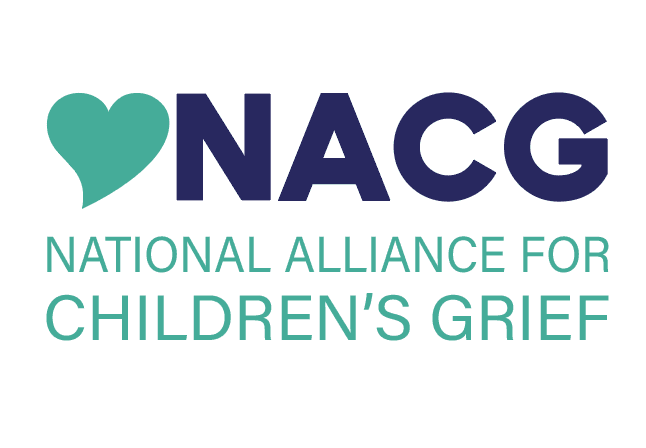Feelings of grief are complex, leaving you hyper-focused on the past and thinking about the complicated relationships with your loved ones. Although it is healthy to hold onto memories as a way of keeping them close at heart, a loss can also come with challenges in letting go of the "what if’s" of the past. These challenges may look different to each griever. Some may focus their thoughts on ways the loss could have been prevented, while others may focus on the challenges impacting the relationship between themselves and the deceased.
It is natural to ask yourself "what if" after a loss. Traumatic or sudden losses can amplify thoughts and feelings of grief. When the past becomes your primary focus, it can leave you feeling stuck in your grief and deter healing, potentially leading to depression and anxiety. In such cases, seeking a mental health professional to help you process your grief can be so important. In addition to seeking professional support, the following suggestions may help you overcome the challenges faced in grieving the past.
Explore Underlying Emotions
What are the underlying emotions leading you to the "what if" of the past? Many times, the initial feelings are just the tip of the iceberg. Taking the time to sit with your emotions and explore what may be keeping you in this state is a great place to start. Sitting with your thoughts and feelings is not an easy task, but this introspection can lead to valuable insight into the relationship with those you have lost. The support from a mental health professional or a support group can guide you in this process.
Embracing Acceptance, Forgiveness, and Self-Compassion in Grief
Though acceptance, forgiveness, and self-compassion may seem like far-away concepts after a loss, working towards these goals can allow healing to begin. Accepting the reality of a loss can be particularly challenging when there is unfinished business with your loved ones. Coupled with potential feelings of guilt, sadness, anger, and other emotions, the grief may seem never-ending. Shifting your focus towards self-forgiveness and forgiveness of others can free you from the "what if" of the past. This shift can also give you an opportunity to welcome a present where you can embrace healing and move forward in this new reality.
Creating a Healthy Continuing Bond
Moving forward does not mean forgetting your loved ones. Though they are no longer physically present, the relationship created will always remain. This relationship can continue in the present in whatever way you want it to be. Many choose to create new rituals to commemorate their loved ones. These rituals of remembrance do not have to be on special days or something extensive. Engaging in these rituals of connection allows room for acceptance and forgiveness as part of your healing journey.
For additional resources, visit our website at www.childbereavement.org. To register for our free, virtual support groups, give us a call at (888) 988-5438 or email support@childbereament.org.









